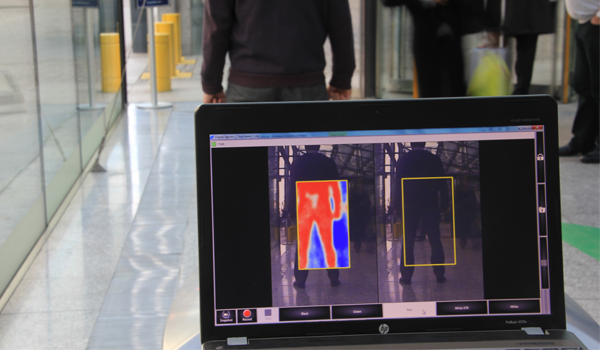New code to control sale of stolen mobiles
Mobile phone recycling companies are signing up to a code of practice
to check whether the handsets they are buying are stolen. Announced by
Crime Prevention Minister James Brokenshire last week, the code will
see mobile phone recycling companies check the details of every phone
they are offered against a national database, which lists mobile phones
that have been blocked, stolen or voluntarily registered.

Mobile phone recycling companies are signing up to a code of practice to check whether the handsets they are buying are stolen. Announced by Crime Prevention Minister James Brokenshire last week, the code will see mobile phone recycling companies check the details of every phone they are offered against a national database, which lists mobile phones that have been blocked, stolen or voluntarily registered.
If the phone is blocked, recyclers will refuse to buy it and details of the phone and the person or organisation offering it to them will be passed on to police.
Although 90 per cent of handsets stolen in the UK are blocked across all networks within 48 hours of being reported, they can still be used overseas. The mobile phone recycling industry exports many of the handsets it buys and this has created a new market for stolen phones.
The regulation is expected to stop an estimated 100,000 phones from being sold to recycling companies every year.
In return, the companies that sign up to the code will be placed on an approved list of recyclers, which consumers will have access to, and which the mobile phone industry will recommend people buy from.
Mazuma Mobile was part of the Working Group steered by the Home Office and the Mobile Industry Crime Action Unit to develop the code of practice.
Managing director Charlo Carabott said: Since our launch in 2007 we have worked closely with the authorities and implemented our own rigorous checks to ensure we identify and report stolen phones which are listed on the National Mobile Phones Register. This new code of practice will help to ensure that these safeguards become an industry standard.
Mr Brokenshire said that the code would close a multi-million pound loophole that has been exploited by criminals.
By joining forces with the police, the mobile phone industry is closing a multi-million pound loophole that has been exploited by criminals and the industry should be congratulated. Alongside the impressive work on blocking stolen phones, this code will make mobile phone theft an even less profitable crime, he said.
Commander Simon Pountain, Metropolitan Police Service, said: As a result of the hard work and commitment of the recycling and mobile phone industry, combined with the work of the Home Office and the police, there is now the possibility of detecting up to a further 100,000 offences countrywide. Significant offences such as robberies and burglaries have been solved through utilising this new system, which has also led to arrests for murder. This is a great example of partnership working at its best for the benefit of the wider community.



